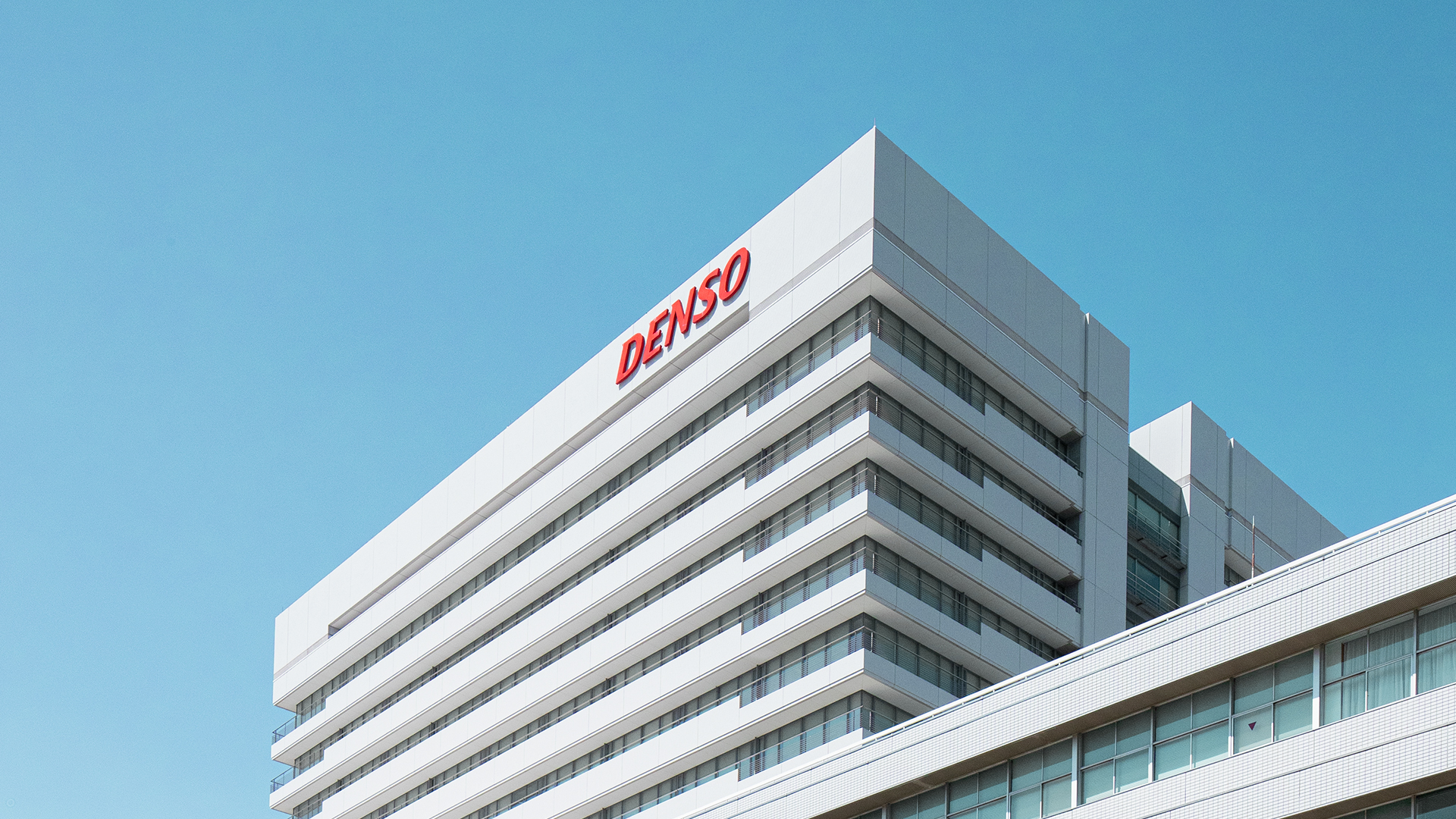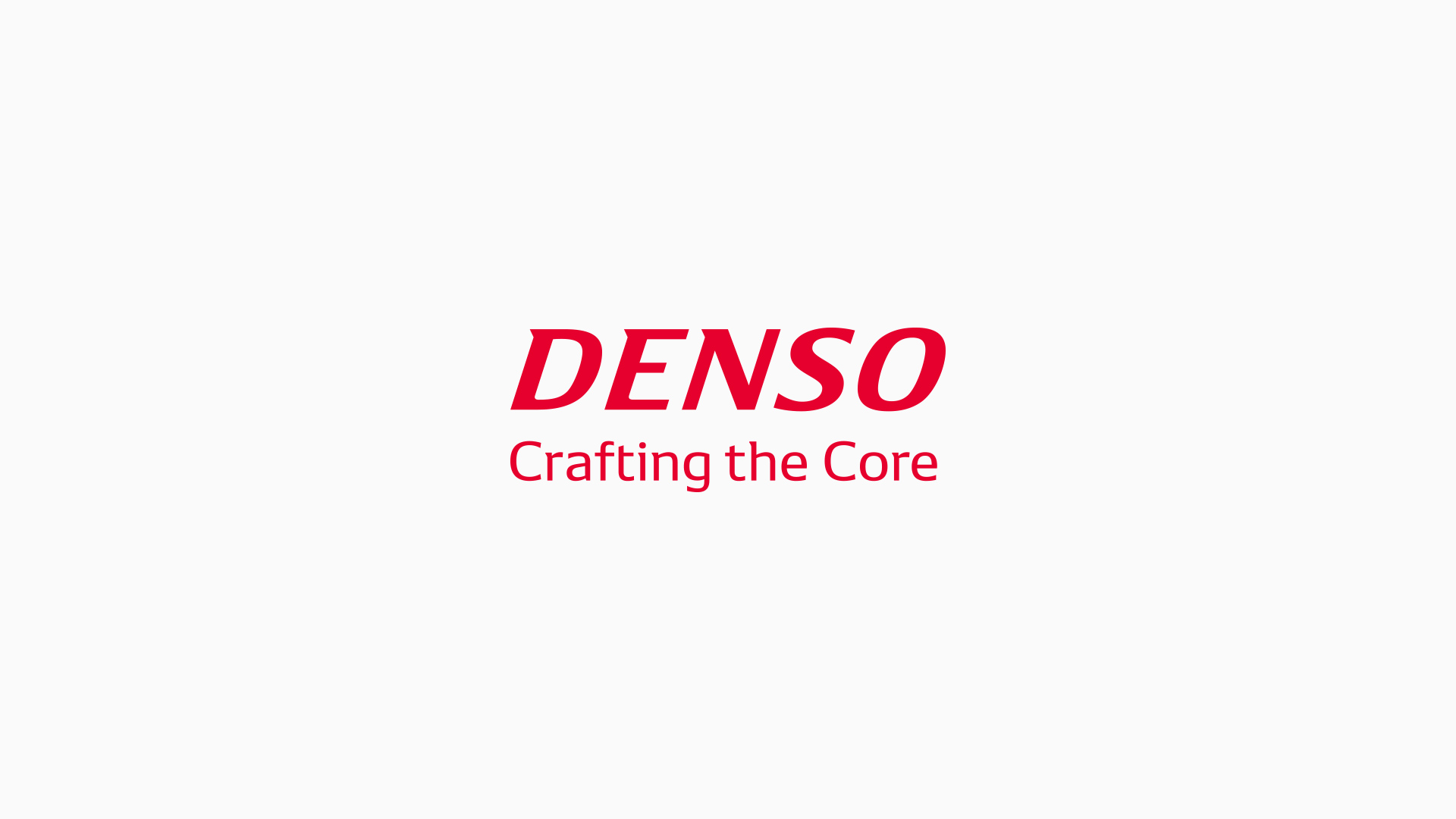DENSO and Toyota Agree to Establish a Joint Venture for Research and Advanced Development of Next-generation, In-vehicle Semiconductors
– Accelerating R&D to create future mobility –
DENSO Corporation
Toyota Motor Corporation
DENSO Corporation and Toyota Motor Corporation today agreed to establish a joint venture* for research and advanced development of next-generation, in-vehicle semiconductors. The two companies will study the details and aim to establish the new company in April 2020.
Recently, electronic controls have been increasingly implemented into vehicles. Furthermore, the number of in-vehicle semiconductors has also grown, and the performance of these semiconductors has continuously improved. To create a future of mobility that is safe and sustainable, it is necessary to develop next-generation semiconductors that are integral to technology innovations, such as connected cars, automated driving, sharing mobility and electrification.
In June 2018, DENSO and Toyota agreed to consolidate the electronic components production and development functions to DENSO. Based on this agreement, they have been working to achieve a speedy and competitive production and development system.
DENSO has decided to establish the new company for research and advanced development of in-vehicle semiconductors, and will establish a stronger system for R&D of semiconductors. DENSO has agreed to accept equity participation from Toyota for the new company to accelerate the speed of development by taking full advantage of Toyota’s knowledge from a mobility viewpoint. Through equity participation in the new company, Toyota will achieve further technology innovations by introducing cutting-edge semiconductor technologies from the planning phase when developing its mobility services and vehicles.
The new company will conduct advanced research on the basic structure and processing method of next-generation semiconductors and develop electronic components by implementing semiconductors, such as power modules for electric vehicles and periphery monitoring sensors for automated vehicles, thereby contributing to creating the future of mobility.
* The establishment of the joint venture requires the approval of antitrust authorities.
Profile of the joint venture
| 1. Establishment | April 2020 (planned) |
|---|---|
| 2. Location of the head office | 500-1 Minamiyama, Komenoki-cho, Nisshin, Aichi, Japan (on the premises of the Advanced Research and Innovation Center) |
| 3. Capital | 50 million yen |
| 4. Ownership | 51% owned by DENSO, 49% by Toyota |
| 5. Employees | About 500 (at the time of establishment of the company) |
| 6. Business description | Research and advanced development of in-vehicle semiconductors and development of electronic components using semiconductors |
About DENSO Corporation
DENSO is a $48.3 billion global mobility supplier that develops advanced technology and components for nearly every vehicle make and model on the road today. With manufacturing at its core, DENSO invests in its 211 facilities in 35 countries to produce thermal, powertrain, mobility, electrification, & electronic systems, to create jobs that directly change how the world moves. The company’s 170,000+ employees are paving the way to a mobility future that improves lives, eliminates traffic accidents, and preserves the environment. Globally headquartered in Kariya, Japan, DENSO spent 9.3 percent of its global consolidated sales on research and development in the fiscal year ending March 31, 2019. For more information about global DENSO, visit https://www.denso.com/global/en
About Toyota Motor Corporation
Toyota Motor Corporation (TMC) (NYSE: TM) is the global mobility company that introduced the Prius hybrid-electric car in 1997 and the first mass-produced fuel cell sedan, Mirai, in 2014. Headquartered in Toyota City, Japan, Toyota has been making cars since 1937. Today, Toyota proudly employs 370,000 employees in communities around the world. Together, they build around 10 million vehicles per year in 28 countries and regions, from mainstream cars and premium vehicles to mini-vehicles and commercial trucks, and sell them in more than 170 countries and regions under the brands Toyota, Lexus, Daihatsu and Hino. For more information, please visit https://global.toyota/en/












